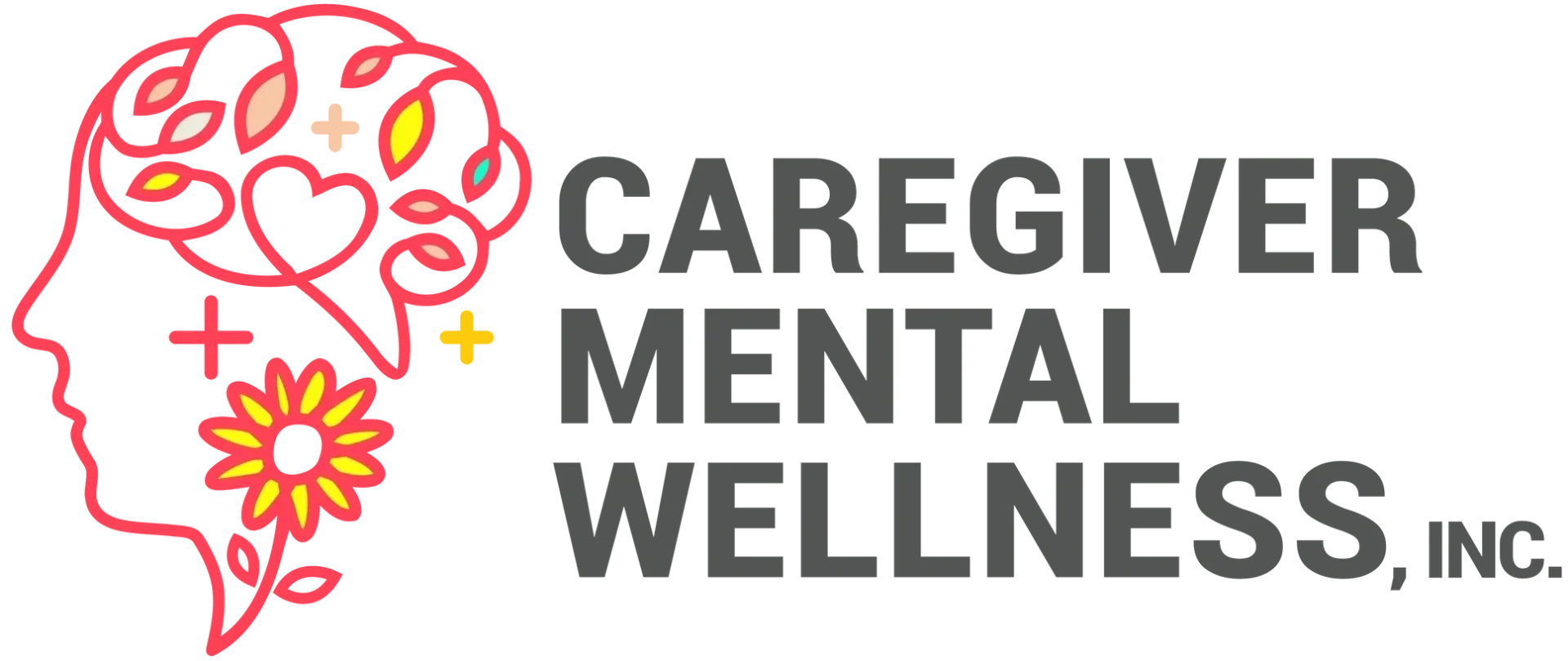When Elders Care for Elders: Why Family Involvement Is Essential, Author: Carolyn Dowdy
We see it far too often in family situations from aging spouses and older adults caring for loved ones: “I’m the caregiver, but now I’m the one in the hospital.” It’s a heartbreaking reality that’s more common than many families realize. As older individuals step into caregiving roles, whether for a spouse, sibling, or close friend—their own health and well-being are often neglected.
Let’s look at a real-life example. An elderly woman was the sole caregiver for her husband, who had suffered a stroke and required catheterization to urinate. She was the only one who knew how to help him with the catheterization. One day, she began experiencing signs of a stroke herself. In desperation, she loaded her husband into the car and drove them both to the hospital. Once there, she called a family member for help, but that person didn’t know how to do the catheterization. The family member had to get a skilled home health worker to come in and teach the family member the procedure and it was over the weekend. Thank goodness they came. Now, both the caregiver and the care recipient were in crisis and the family member couldn’t be both at the hospital with their mother and at home with their father. Pre-planning for crisis situations is wise.
Situations like this happen more often than we talk about. Many older caregivers push through physical exhaustion, emotional strain, and even illness without ever asking for help. Why? Because they fear being seen as incapable or weak. They don’t want their family to think they can’t manage the responsibility, so they hide their pain, avoid complaining, and keep going until their own health fails. Who knows their mini-stroke might have been caused by the stress on the caregiver over a period of time.
By the time families realize what’s going on, it’s often too late. Now there are two people who need care, not just one.
It is so important that the families of caregivers stay proactive and keep up with the caregivers and their care recipients. As the caregiver’s health declines, the care they provide begins to suffer too. Missed medications, skipped meals, and overlooked symptoms become more frequent. It’s not just a personal burden—it becomes a whole-family concern. Elderly caring for elderly are especially at high risk for issues.
The research is clear: Older caregivers, particularly those between the ages of 66 and 96 who are under emotional stress, face a 63% higher risk of death than their non-caregiving peers (Caregiver.org). The constant stress, physical demands, and age-related health vulnerabilities may create a dangerous cycle of burnout and declining health.
What’s even more alarming is that many older caregivers don’t take time for themselves. They skip doctor’s appointments, eat poorly, sleep less, and rarely rest—even when sick. And yet, they keep going out of love and duty.
This is why adult children and other family members must stay involved. Caregiving is not meant to be done alone, especially not by someone who may already be facing their own health challenges. If you have aging parents or relatives who are caring for someone else, don’t wait for a crisis to get involved. Ask how they’re doing, not just physically, but emotionally. Offer specific help. Bring a meal. Schedule respite care. Attend an appointment with them. Make sure them and their care recipient are going to the doctor regularly. Encourage them to socialize, get out with friends, and just have fun. Just know that they may hide what they are going through but still be proactive. Stay with dad or mom and let them get out and still have a life. Simply being present and proactive can make a world of difference.
Research shows when elderly individuals take on caregiving roles without support, they’re at greater risk for depression, high blood pressure, and even substance misuse. Nearly half of all caregivers’ report symptoms of clinical depression. These are not just emotional struggles, they’re serious health issues that deserve attention and care.
By staying connected and involved, you’re not only protecting the health of the caregiver, you’re also ensuring better care for their loved one. Because when a caregiver falls, it doesn’t just impact one person—it affects the entire family.
Caring for a loved one is a beautiful and selfless act. But no one should have to do it alone.
